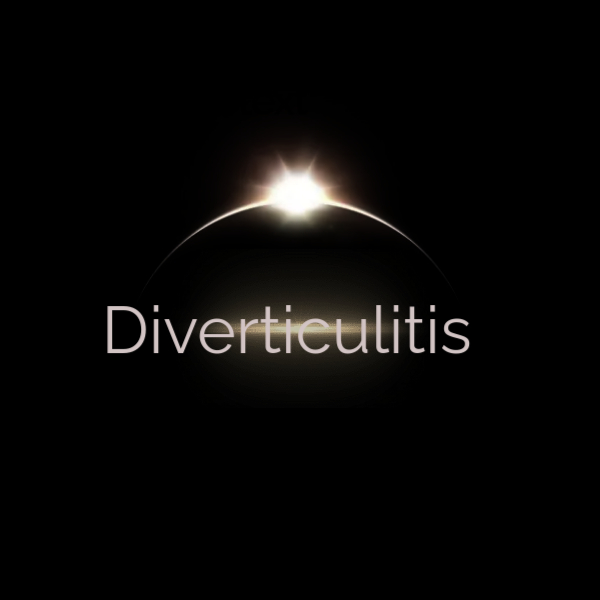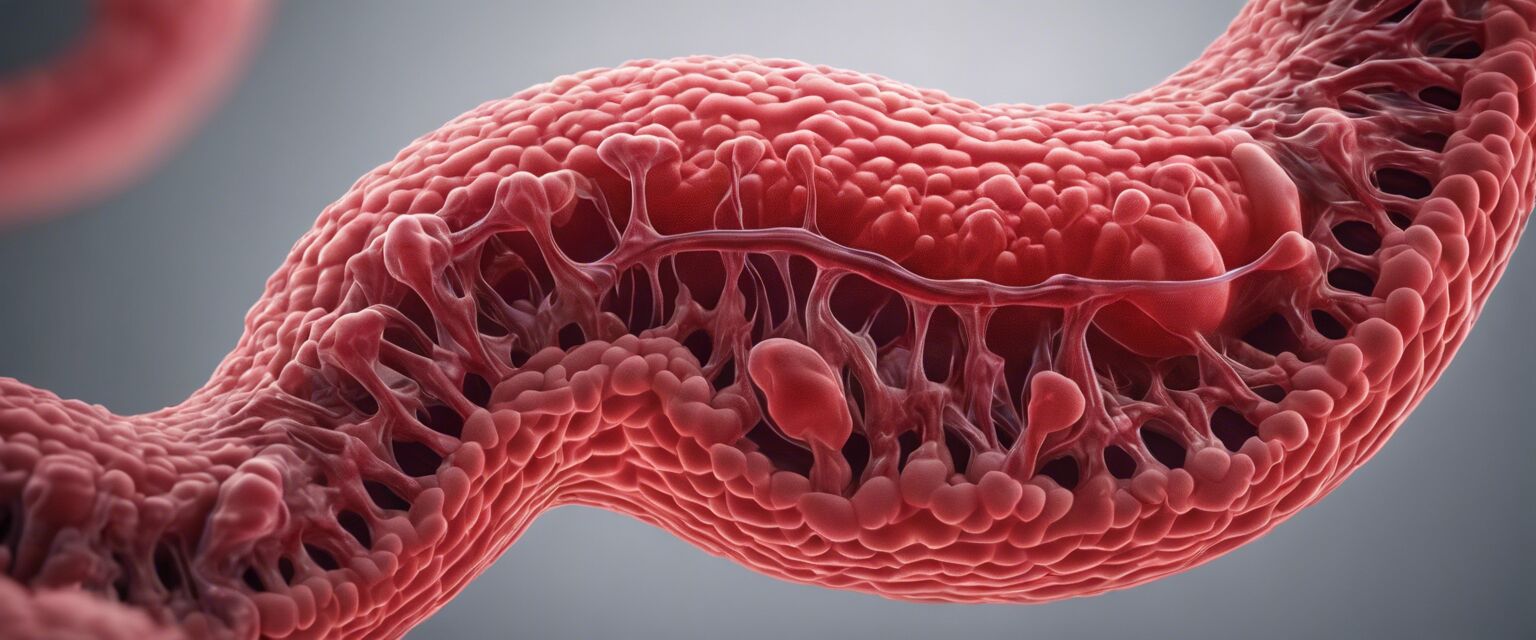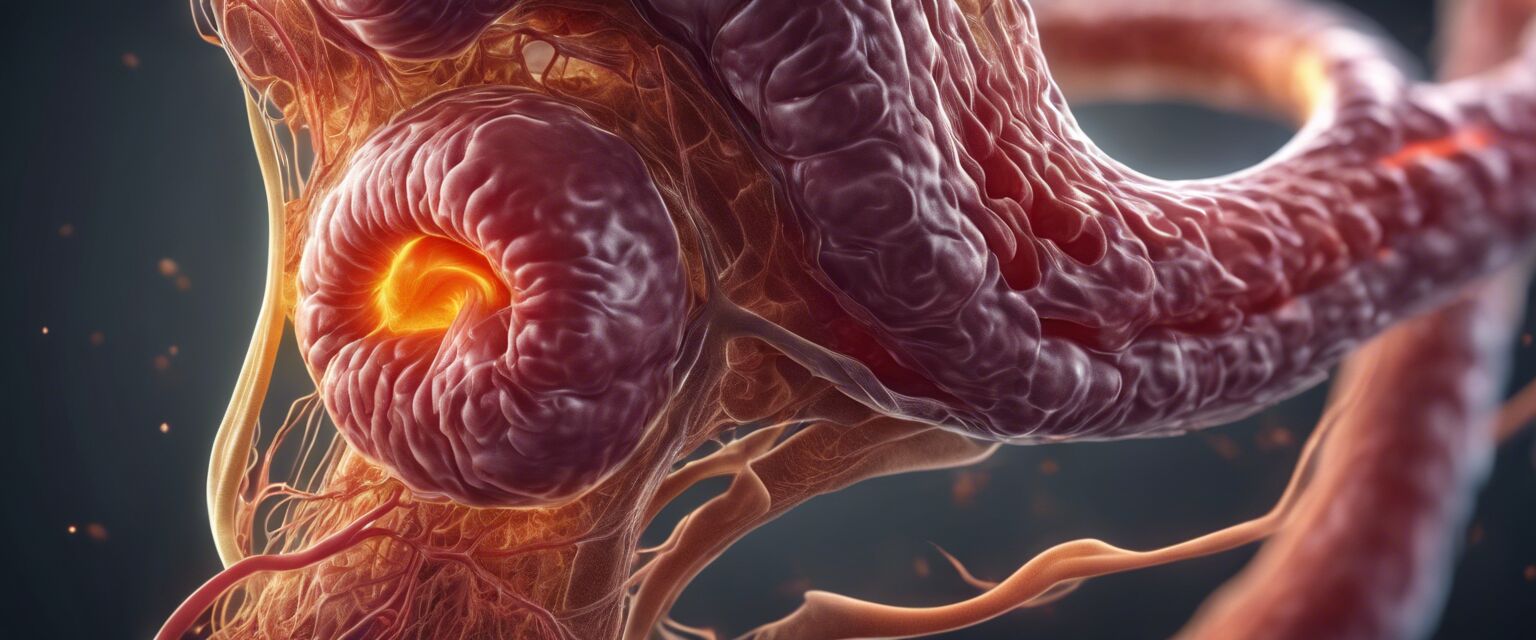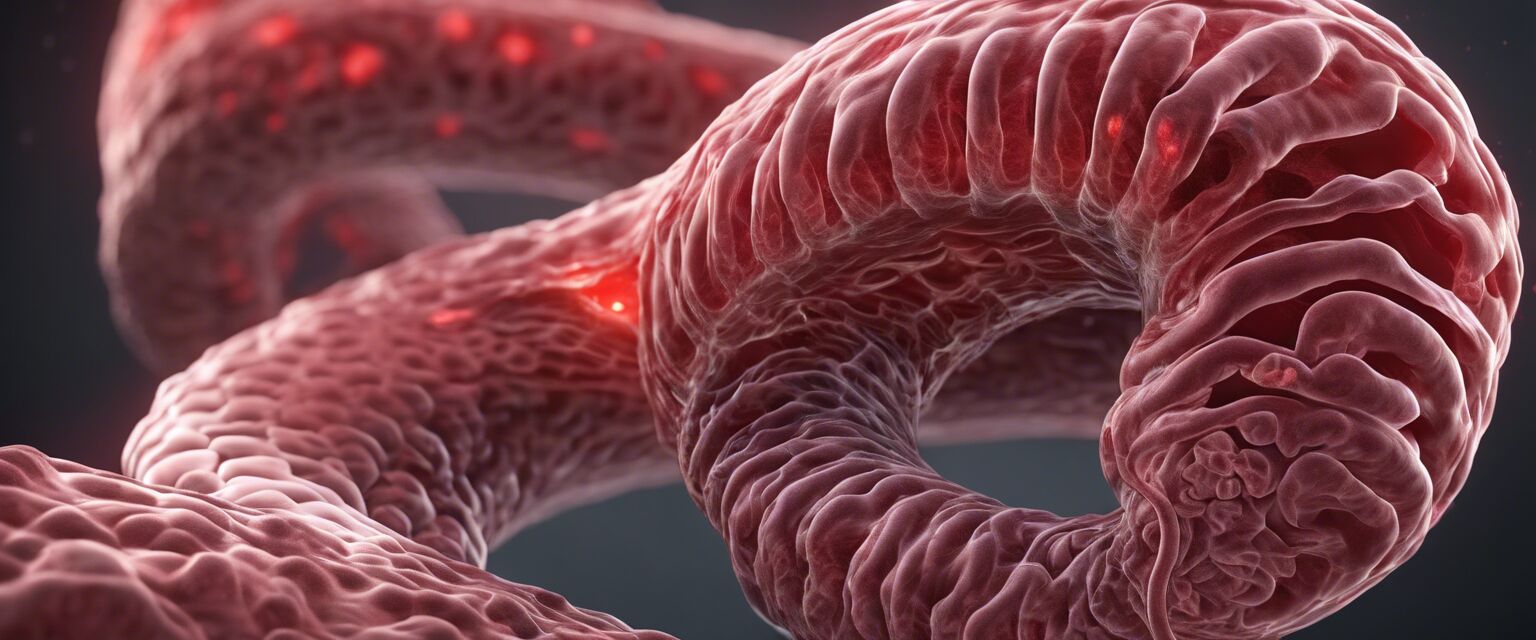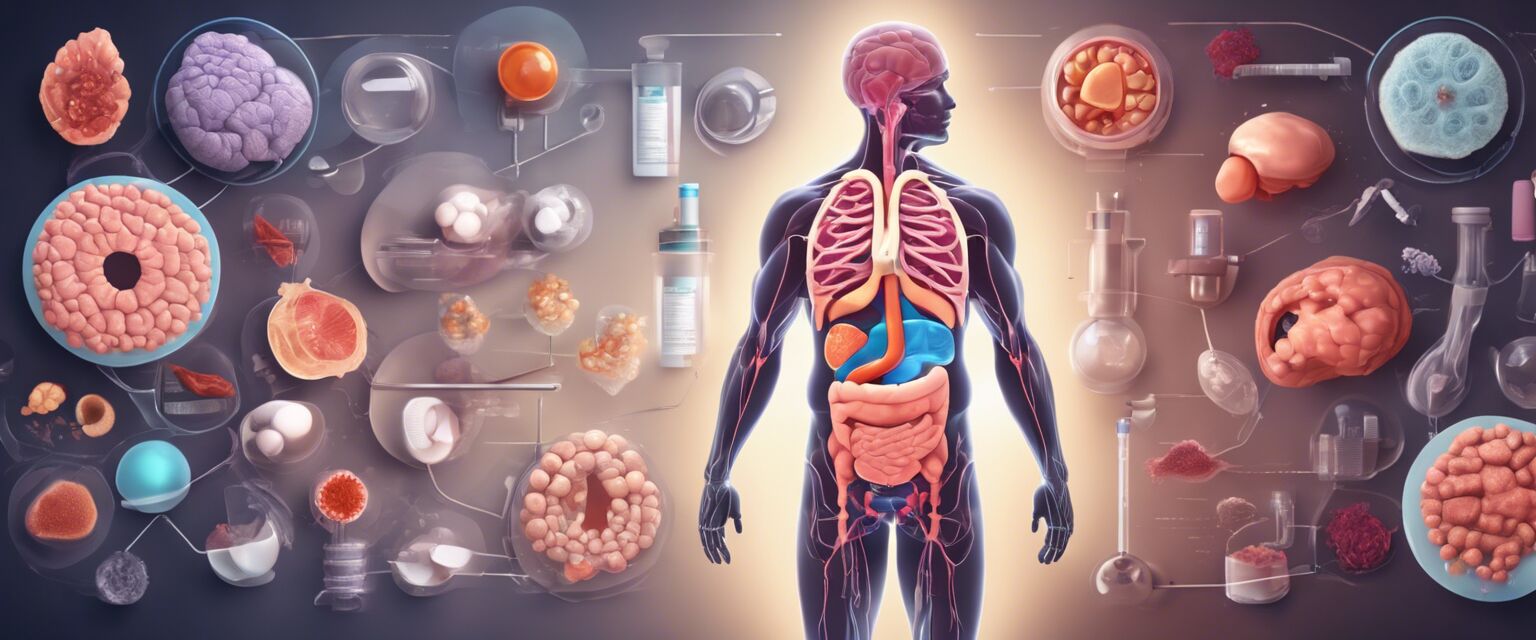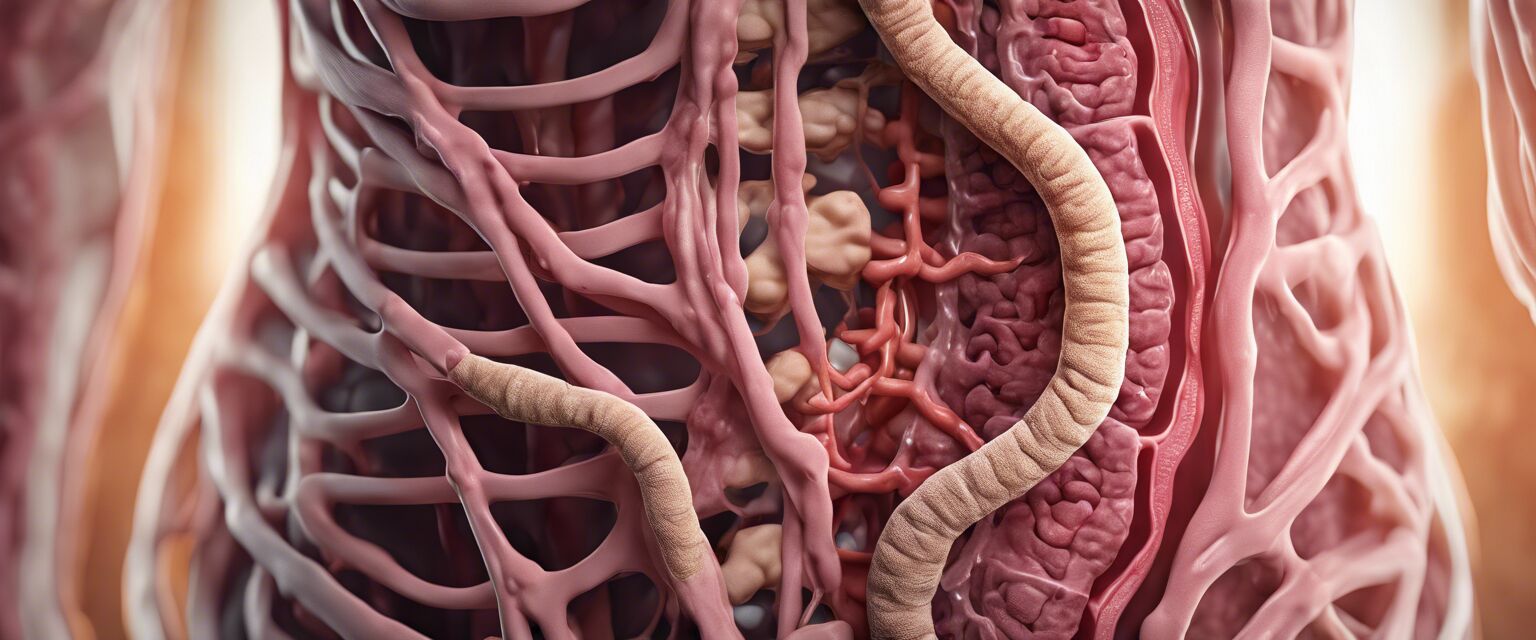
Diverticulitis Research
Key Takeaways
- Diverticulitis affects millions and is often linked to dietary habits.
- Recent studies highlight the importance of personalized dietary plans.
- Emerging treatments and lifestyle changes play a critical role in managing symptoms.
- Stress management is increasingly recognized as a factor in diverticulitis flare-ups.
- Ongoing research is necessary for better understanding and treatment of diverticulitis.
Diverticulitis is a condition that has garnered considerable research attention in recent years. Understanding the latest research can help patients and caregivers make informed decisions about managing this condition effectively. This article will delve into recent studies, prevailing theories, and key recommendations for those affected by diverticulitis.
What is diverticulitis?
Diverticulitis occurs when small pouches, called diverticula, form in the walls of the colon. These pouches can become inflamed or infected. Symptoms include abdominal pain, fever, and changes in bowel habits. Let's explore the reasons behind its increasing prevalence and the factors contributing to it.
Prevalence and triggers
| Factor | Impact |
|---|---|
| Age | Risk increases with age. |
| Diet | Low fiber intake is a significant risk factor. |
| Obesity | Higher obesity rates correlate with increased diverticulitis cases. |
| Lack of physical activity | Sedentary lifestyles contribute to the problem. |
| Stress | Can exacerbate symptoms and increase flare-ups. |
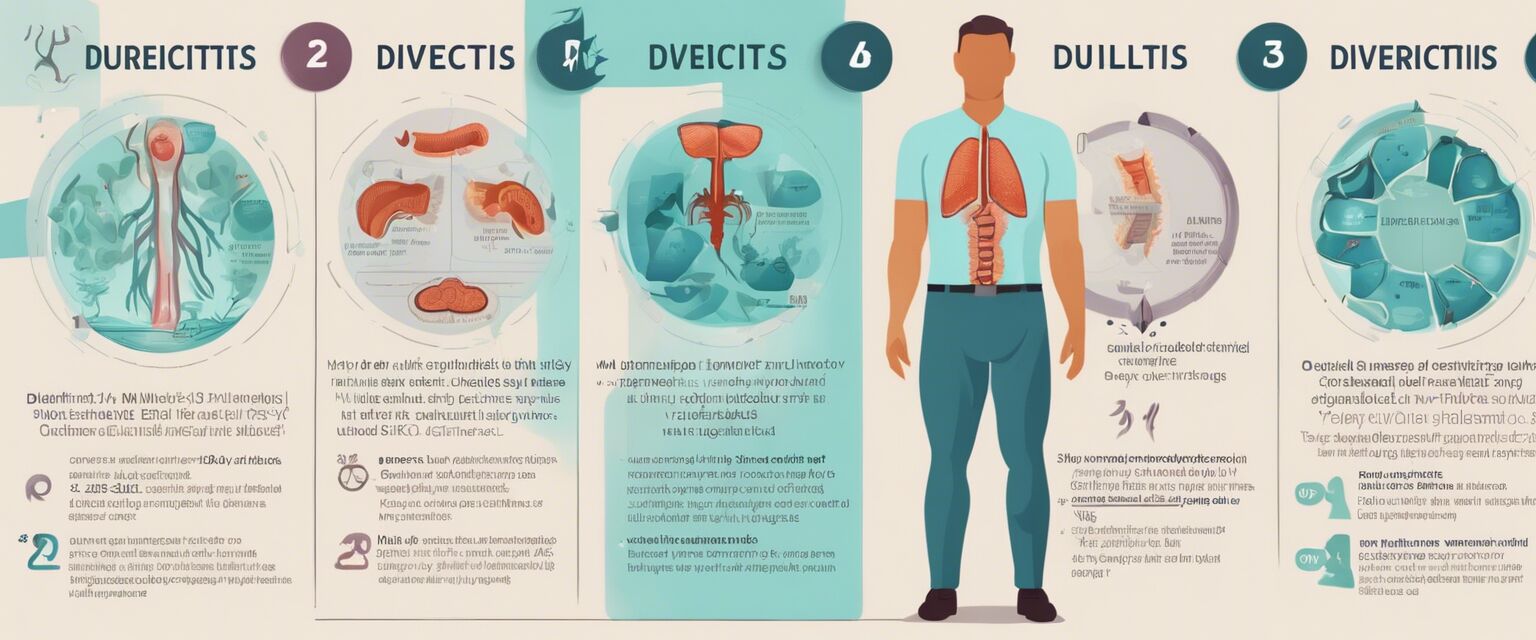
Recent research findings
Numerous studies have emerged regarding diverticulitis, focusing primarily on dietary habits, stress management, and treatment options. Here are some key studies and their insights:
1. Impact of dietary changes
A recent study published in a leading gastroenterology journal indicated a significant improvement in diverticulitis symptoms with high-fiber diets.
2. The role of hydration
Another study highlighted that proper hydration may aid in reducing the risk of flare-ups. Hydration helps maintain regular bowel movements, which is crucial for individuals with diverticulitis.
Pros
- Increased awareness and understanding of diverticulitis.
- Potential for personalized dietary plans to improve outcomes.
- Emerging stress management tools that could enhance quality of life.
- Innovative research paving the way for new treatment approaches.
Cons
- Lack of definitive guidelines for all patients.
- Ongoing research needed for complete understanding.
- Emphasis on lifestyle changes may not be practical for everyone.
Importance of education and resources
Knowledge is power when it comes to managing diverticulitis. There are educational resources designed to empower patients and caregivers alike. Here are some valuable resources:
- Educational resources
- Digestive health supplements
- Stress management tools
- Specialized diet plans
- Hydration solutions
Future research directions
The field of diverticulitis research is rapidly evolving. Future studies aim to explore the genetic predisposition to diverticulitis and the long-term effects of diet on the condition. Significant efforts are being made to understand the microbiome's role in digestive health, which could have implications for managing diverticulitis.

Conclusion
Staying informed about the latest findings in the field of diverticulitis is crucial for effective management. As research progresses, the potential for improved treatment options and management strategies continues to grow. Maintaining a balanced diet, managing stress, and utilizing appropriate resources can significantly enhance the quality of life for those dealing with this condition.
Tips for managing diverticulitis
- Increase fiber intake gradually to avoid discomfort.
- Stay hydrated; aim for at least 8 glasses of water a day.
- Incorporate stress management techniques such as meditation.
- Consult with healthcare professionals for personalized dietary and lifestyle advice.
- Stay active through regular physical activity.
